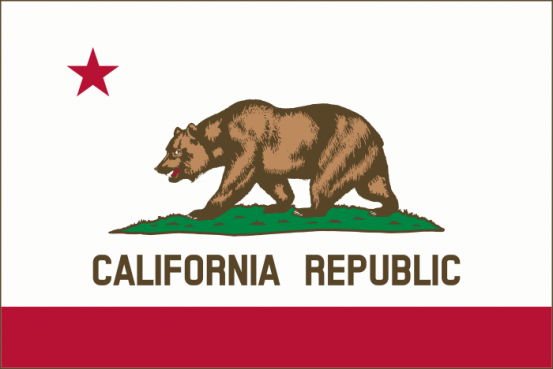- Commissioner’s statement on Ventura, Marte
- Ronnie O’Sullivan: Masters champion ‘felt so vulnerable’ in final
- Arron Fletcher Wins 2017 WSOP International Circuit Marrakech Main Event ($140,224)
- Smith challenges Warner to go big in India
- Moncada No. 1 on MLB Pipeline’s Top 10 2B Prospects list
- Braves land 2 on MLB Pipeline’s Top 10 2B Prospects list
- Kingery makes MLB Pipeline’s Top 10 2B Prospects list
- New Zealand wrap up 2-0 after Bangladesh implosion
- Mathews, Pradeep, Gunathilaka to return to Sri Lanka
- Elliott hopes for rain for Poli
California Online Poker Bill Passes GO Committee with Unanimous Vote
- Updated: April 28, 2016

Online poker legislation in California took its biggest step to date on Wednesday with the unanimous passage of a fully formed bill through the Assembly Governmental Organization Committee. After nearly a decade of debate, this might actually happen this year.
The hearing illustrated an unprecedented level of support for internet poker regulation in the state — AB 2863 passed with an 18-0 vote — yet work to be done before the bill will be able to move through the full Assembly.
Obstructions remaining appear to be down to one. Assemblyman Adam Gray’s addition of a $60 million annual stipend for the horse racing industry wasn’t opposed by any tribal leaders. Jeff Grube of Agua Caliente was the only one to question the size of the $60 million figure, and even he said he didn’t see the concept as a major issue. Gray declared the issue of horse racing participation settled.
“We started this process last year with two major points of contention around horse racing and the suitability issue,” Gray said. “We’ve addressed one of those concerns in a way that’s brought together a coalition of support that we’ve never seen over the course of that decade.”
That leaves suitability standards in regards to the participation of PokerStars as the lone sticking point. In one of the biggest developments of the hearing, Gray made assurances that some sort of suitability standards will be included in the legislation before it leaves the Assembly.
The group of Indian tribes and card clubs in partnership with PokerStars have long lobbied for regulatory agencies to oversee suitability standards, which is how brick-and-mortar gaming works in California.
Robert Martin of Morongo, a leader in this coalition, made clear his position that the bill should not pick winners or losers in the marketplace, and implied that legislative restrictions on suitability could lead to legal challenges.
Mark Macarro of Pechanga stated that sites (namely PokerStars) that continued to operate after the passage of UIGEA gained unfair advantages in building a brand name, sophisticated software and customer base at a time tribal casinos would have been shut down for offering online poker.
“This requires clear policy from the legislature, not unelected bureaucrats, for legal and regulative clarity,” Macarro said.
Gray pointed out that there are arguments online poker in California was a gray area during …
continue reading in source www.pokernews.com
